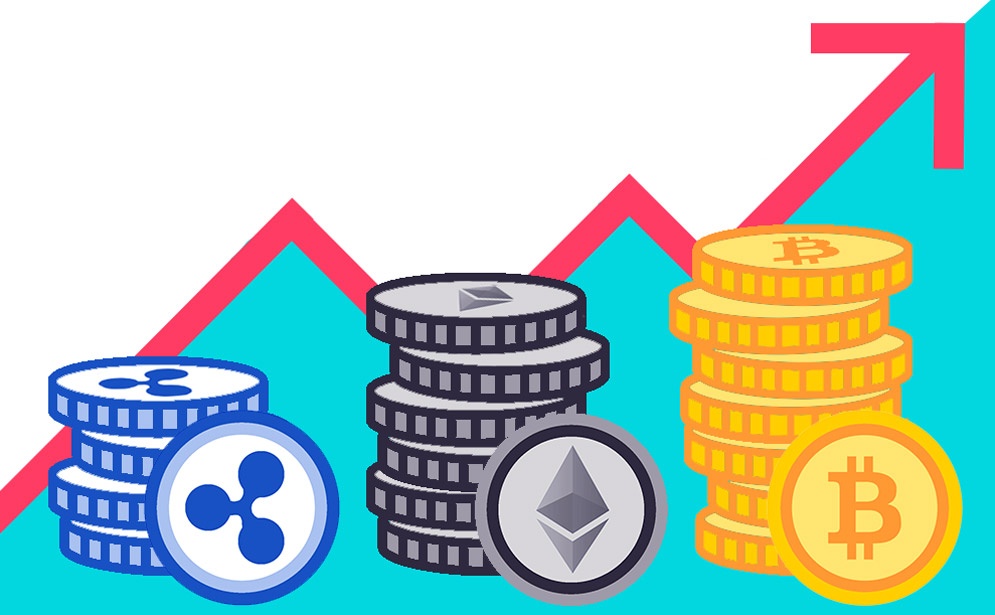Bitcoin and other cryptocurrencies have done wonders for financial economies everywhere. Take India as an example. Although the legality of cryptocurrency has been on the fence for the past couple of years, there are still a lot of people who want to know how to buy bitcoin in India and despite the higher bitcoin price, there are still lots of people who trade for it in the Indian economy.
Buying bitcoin in the traditional way usually means linking your bank account to the exchange. Unfortunately, there is a significant percentage of people in the world that have little to no access to a bank account. There a few reasons for this:
- One of which is the bank fees. Studies show that some households end up leaving financial institutions because of the “over-excessive” and/or “unexplained” fees. To households like this, there seems to be a lack of transparency on the side of the bank—leading to a lack of trust on the part of the household.
- Another reason is the lack of services a bank can offer. Having less money can sometimes limit what you can do with your bank account. There are certain qualifications that need to be met that make you eligible for certain services.
- Some communities also don’t have enough nearby banks around them to use them regularly. The limited hours of banks also play a role for those who work irregular shifts.
There are definitely more reasons to why the unbanked population remains so big, but these are probably the biggest reasons why. For the unbanked population, not having a bank account can lead to several problems. Luckily for them, bitcoin and cryptocurrencies can save them—allowing them to have a financial passport of their own in a world that requires you to have a bank account.
Peer-to-peer finance as the answer
As mentioned earlier, buying bitcoin via traditional exchanges usually meant having to link a bank account. Fortunately, there are now peer-to-peer marketplaces, platforms that allow you to buy bitcoin with a wide variety of options such as online payments (like Skrill and PayPal), gift cards (Amazon, iTunes, Walmart, etc.), and even cash in person.
The flexibility of these exchanges has allowed people to find creative ways to work around problems that they would usually encounter if they needed a bank account. Peer-to-peer marketplaces turn bitcoin (and other cryptocurrencies) into a vehicle—one that can help their everyday problems.
The powerful combination of cryptocurrency and peer-to-peer finance has created several real-use cases for the underbanked—allowing them to finally obtain their financial passport and let their presence be known in the world. Here are some of the biggest real-use cases:
Remittance
The traditional means of remittance, although it doesn’t necessarily require you to have a bank account, can often be time-consuming and expensive. Money Transfer Operators (MTOs) also aren’t too transparent with the status of your money. Using cryptocurrency as a means of remittance can not only speed the process up (only taking a few minutes as opposed to what could be days or weeks), but it can also make it more cost-efficient (significantly lower fees compared to the traditional means).
Cryptocurrency remittances have recently started to become more adopted by expats who send money to their homeland. According to a report done in the latter part of 2018, it said that 15.8% of a surveyed audience did their remittances via cryptocurrency—falling behind online payments (51%), money transfer services (50.9%), and traditional wire transfers (25.7%).
Making payments
If you’re used to making payments with an active bank account, you’re probably not used to the struggles that other people face. Places like South America, Africa, and Southeast Asia struggle with making payments because even if they have access to a debit or credit card, there are often limitations to their cards—preventing them from making critical purchases.
By using peer-to-peer marketplaces and cryptocurrency to make their purchases, they are circumventing the limitations that credit/debit cards have. By converting their fiat into cryptocurrency, they are allowing themselves to have as much financial freedom as they possibly need. For example, if you’re being limited by your bank, you can convert your money into bitcoin and in turn, buy your desired item with bitcoin. Instead of it having to go through a bank, there are two simple steps: just send your bitcoins to your vendor’s bitcoin wallet and he/she will then provide you with your good or service.
And just like with remittances, cryptocurrency payments are worldwide—allowing you to send money to anywhere in the world in just a matter of minutes.
Wealth Preservation
There are a lot of economies that are struggling out there—experiencing extreme amounts of inflation. To give an example, Venezuela has experienced over a million percent inflation in the recent year. This means that Venezuelans are seeing the value of their fiat currency diminish every day.
As a means of survival, people are converting their money into bitcoin and other cryptocurrencies to prevent the value from going down even more. And by constantly trading on a peer-to-peer platform, they can negate the volatility of most cryptocurrencies as their money is being converted into different forms each time.
Cryptocurrency: more than just an investment opportunity
Peer-to-peer marketplaces have done something that no one thought could be done: they turned cryptocurrencies into more than investment opportunity—they turned it into a means of survival for people who don’t have access to a bank account.
These cases are just the beginning of the good that cryptocurrencies can bring to society—and if you’re just as excited as I am, then we’re in for a ride.

